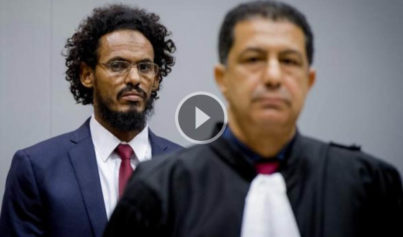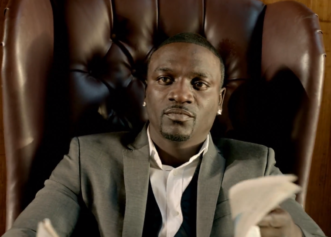The interim president of Mali was set upon by angry protesters who stormed the presidential palace on Monday, grabbed him by the collar and beat him on the head into unconsciousness, officials said.
The president, Dioncounda Traoré, was released from a hospital later in the day, said Cheikh Mohammed Thiam, the spokesman for Mr. Traoré’s political party, the Alliance for Democracy in Mali. The attack threatened a fragile weekend agreement that regional leaders had hoped would end two months of political turmoil in the West African nation.
Mr. Traoré, 70, a veteran political leader, was president of the Parliament before he was appointed interim president after a military coup on March 22 ousted Mali’s elected leader and ended 21 years of democracy. His selection remains controversial, though, as the surprise raid on his offices showed.
Mr. Traoré’s guards were apparently overwhelmed by the hundreds of pro-military demonstrators, who had marched several miles through the capital, Bamako. Apparently unhindered by the military, the protesters went up to the hilltop palace and its adjacent office building, where Mr. Traoré was working.
“The president was assaulted in his office by the demonstrators,” said Tiébilé Dramé, a leader of the opposition to the military junta that has ruled the country since the coup. “It is a very serious situation.”
The beating bodes ill for the deal that negotiators for the West African political grouping, Ecowas, reached over the weekend with the junta’s leader, Capt. Amadou Sanogo, 39. Captain Sanogo, after facing the threat of regional sanctions for refusing to step aside, finally agreed to do so in exchange for being granted the status of a former head of state, along with a government pension, housing and a vehicle. Under the deal, Mr. Traoré would remain interim president for a year.
On Friday, the Parliament approved an amnesty for the coup leaders.
“It’s not ideal, but it has stabilized the political situation,” said another opposition leader, Oumar Dicko. “He will have a house, a pension. It’s not extraordinary.”
But Monday’s occupation of the palace called into question whether the deal would stick, given the fierce popular opposition. One of Monday’s protest leaders, Amion Guindo, explained in a phone interview from Bamako that “you have to analyze all this in the context of generalized frustration,” though he added that “we sincerely regret that there were attacks.”
To read the entire story by Adam Nossiter, go to the NY Times


